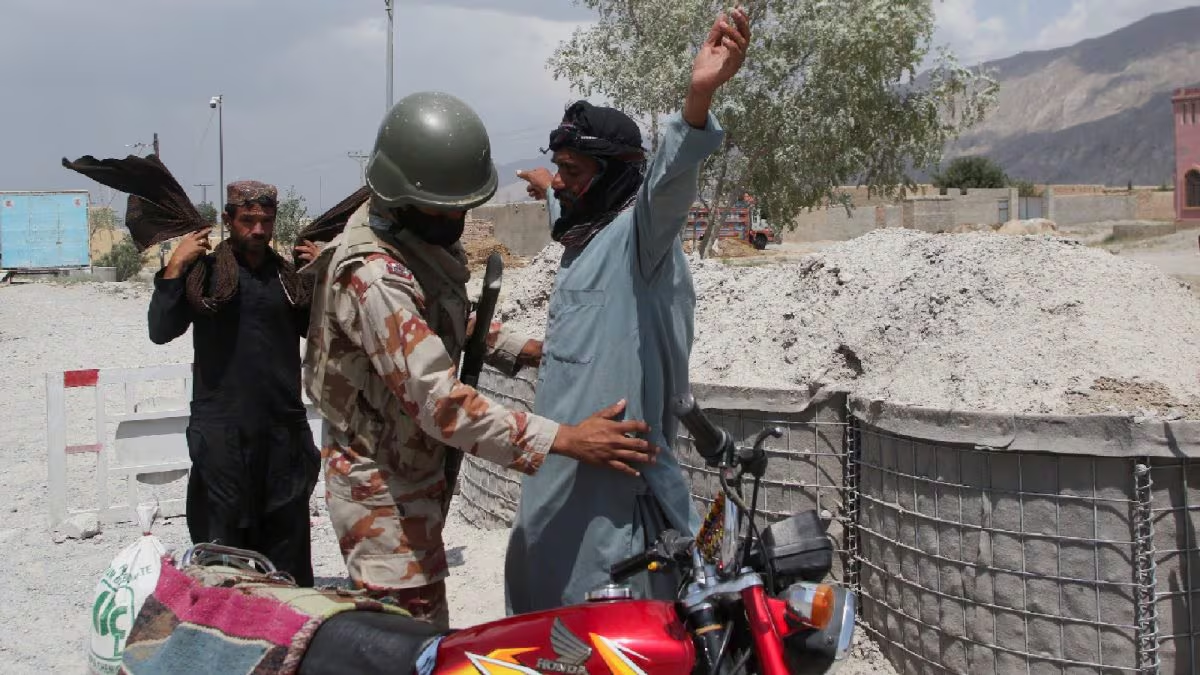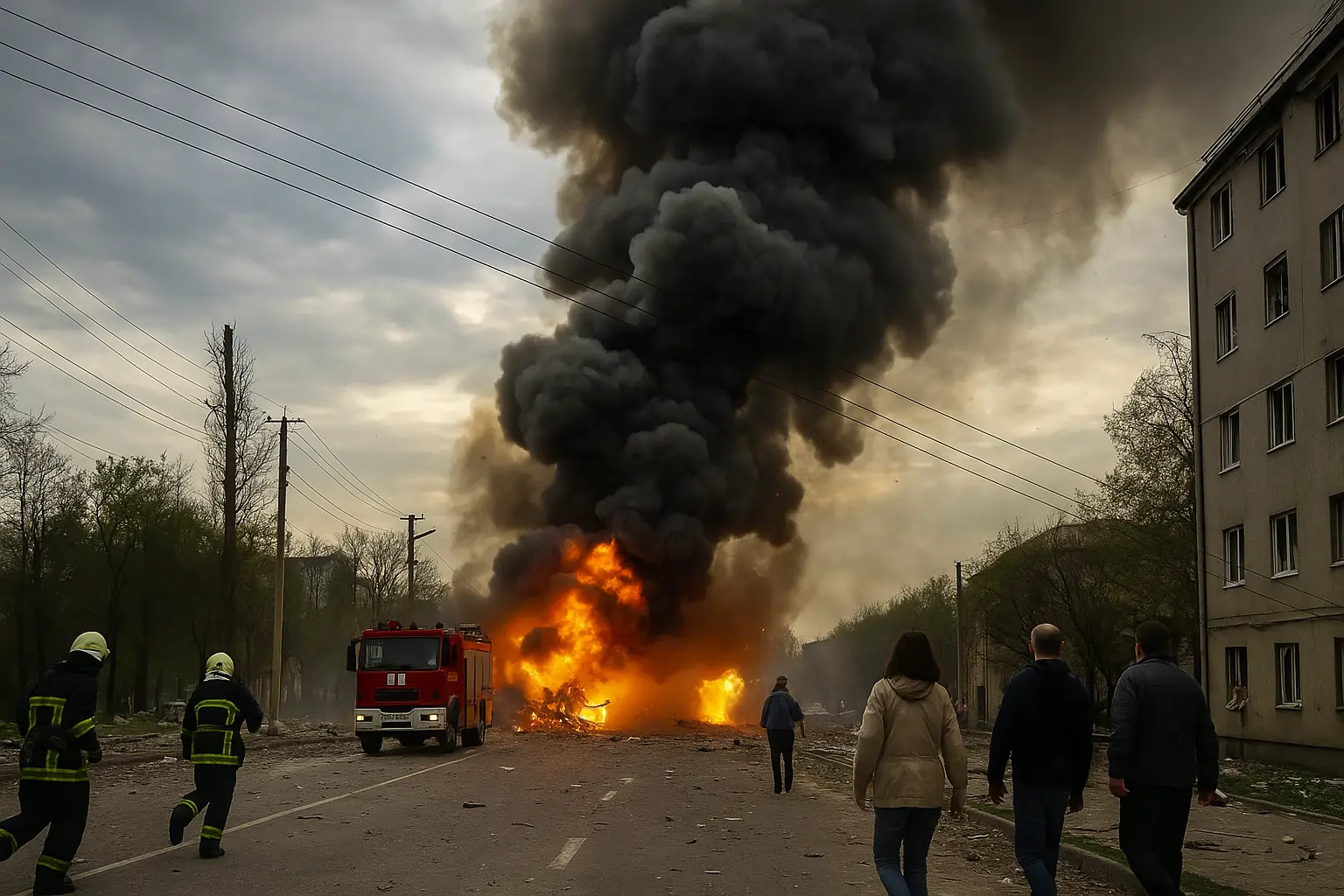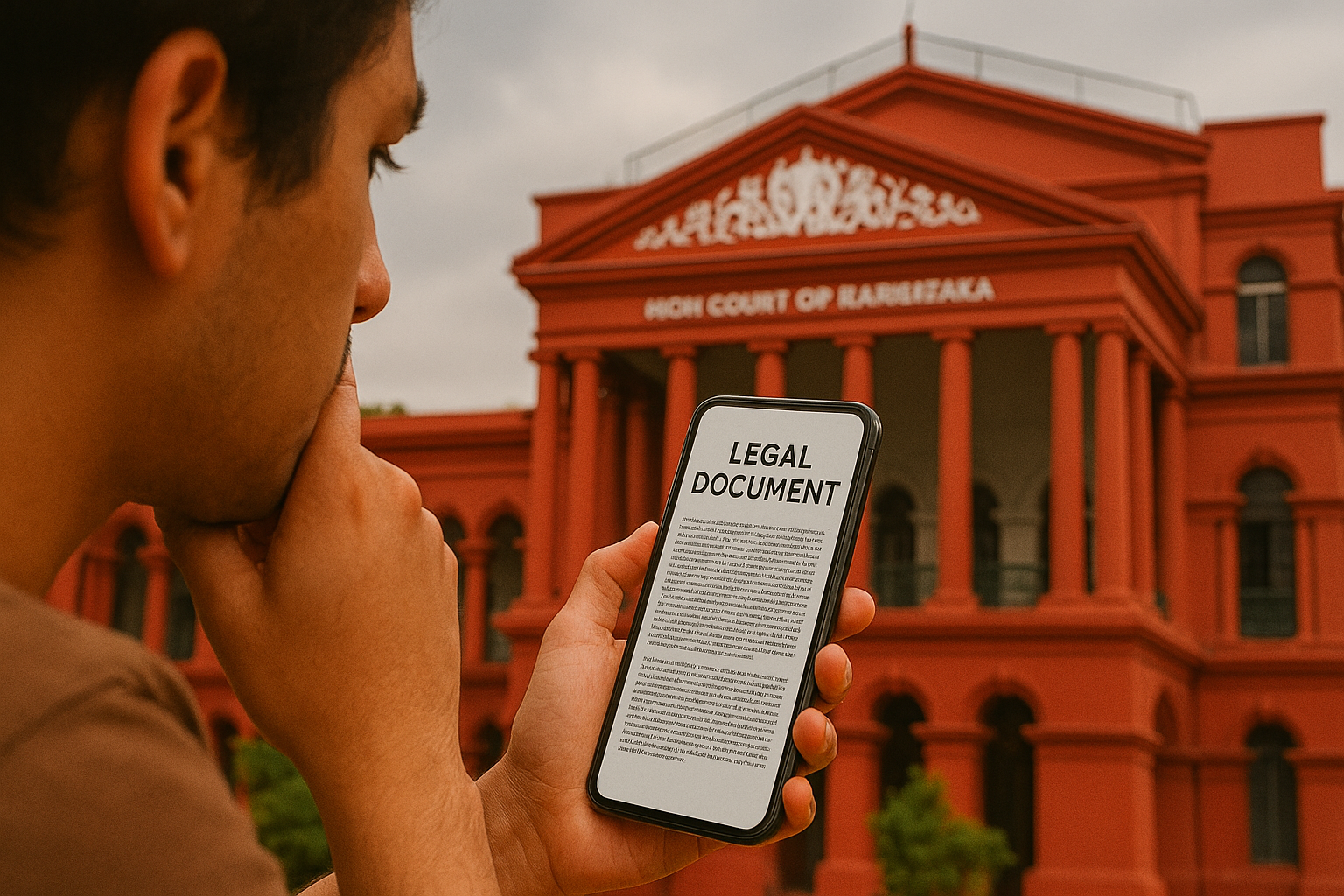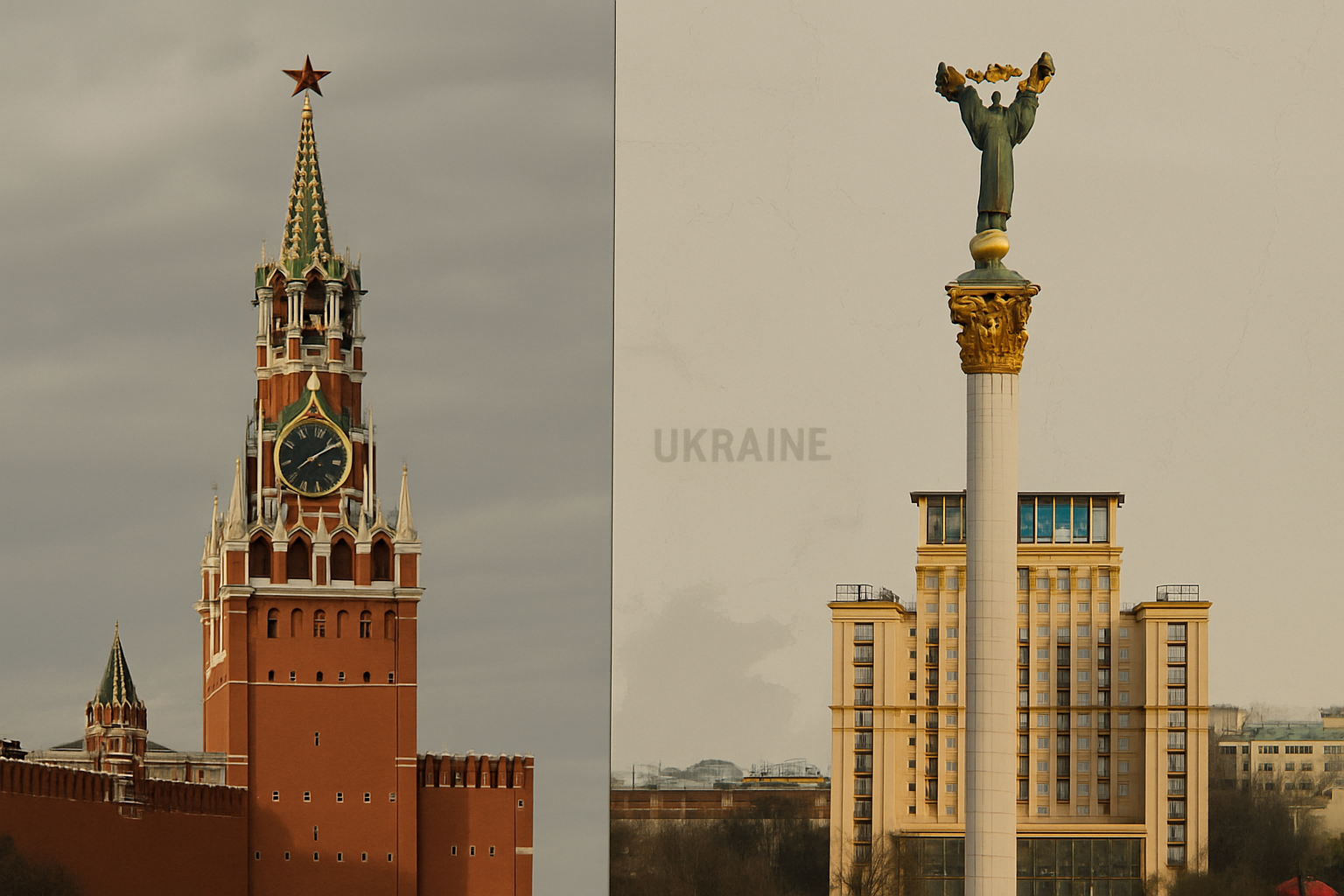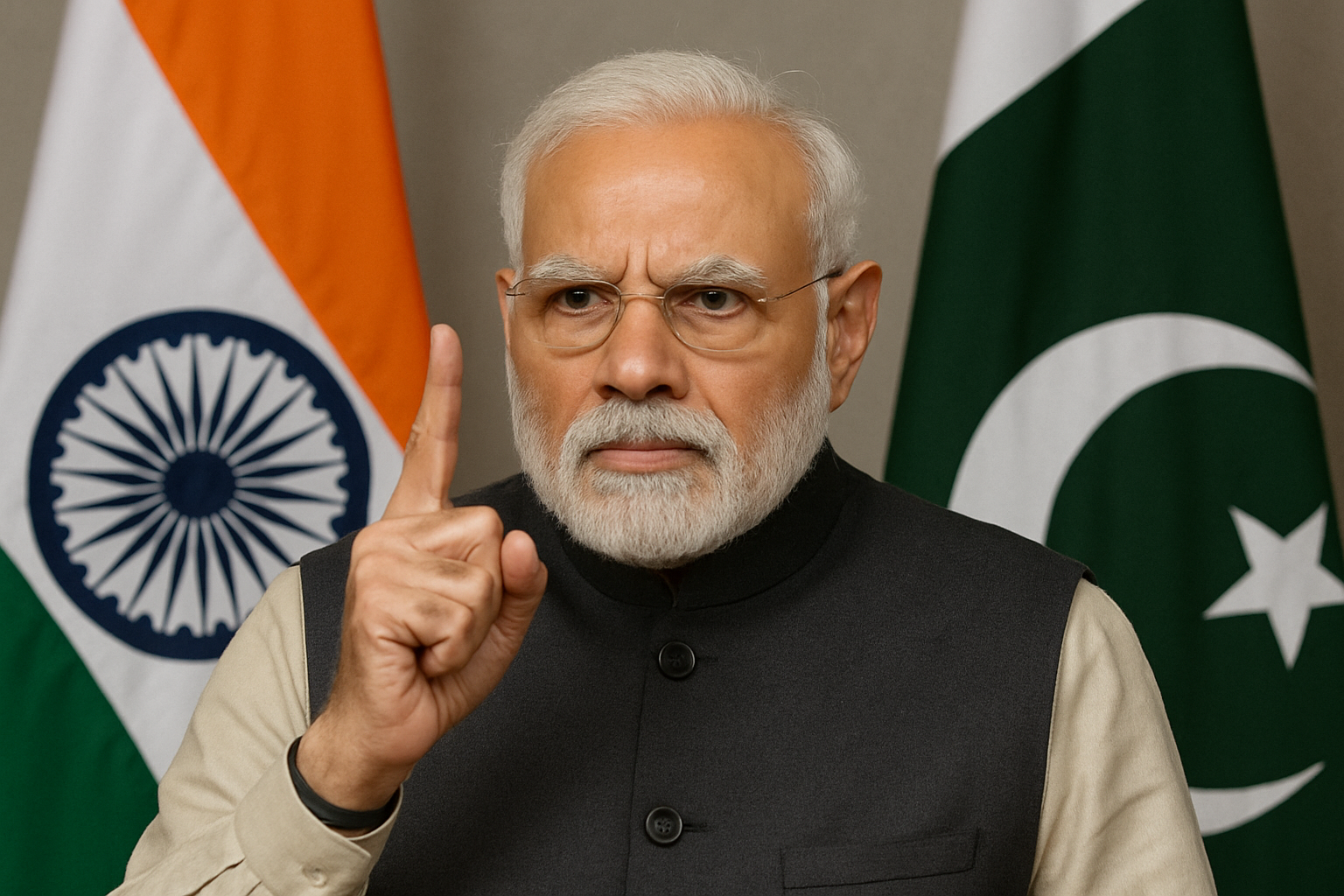In a development that could further destabilize an already volatile region, a prominent Baloch leader has claimed that Balochistan is declaring independence from Pakistan. The bold announcement came during a press briefing held at an undisclosed location, sparking strong reactions from Islamabad and drawing global attention to the long-simmering conflict in Pakistan’s largest and most restive province.
The leader, whose name is being withheld for security reasons, stated that “the time for asking is over” and that Balochistan now considers itself a “sovereign nation, free from the control of Islamabad.” He also claimed that the movement had received “moral and diplomatic support” from several nations, specifically mentioning India.
The Claim That Shook Pakistan
In a passionate statement, the Baloch representative said, “We are no longer a suppressed province. We are a free people claiming our right to self-determination.” The announcement was accompanied by the symbolic unfurling of a “Free Balochistan” flag.
What made this declaration even more incendiary was the claim of support from India. “Our cause has not gone unheard. Countries like India have extended words of encouragement in our peaceful struggle,” the leader added, while insisting that the movement’s aims were non-violent and rooted in human rights.
Islamabad Reacts Strongly
The Pakistani government was swift to respond. In a statement released by Prime Minister Shehbaz Sharif’s office, the claims were called “baseless, inflammatory, and part of a foreign-sponsored disinformation campaign.” Pakistan’s Foreign Ministry further accused “external forces” of fueling separatism and warned of stern action against any internal or external attempt to undermine national sovereignty.
Security was heightened across key cities in Balochistan, including Quetta, and internet access was reportedly disrupted in certain districts, likely to curb the spread of separatist content online.
A Long-Standing Struggle
Balochistan has been a region marked by unrest for decades. Though rich in natural resources, it remains underdeveloped, and many local residents feel sidelined by the central government. The region has seen repeated insurgencies since Pakistan’s formation in 1947, and demands for autonomy — or outright independence — have been gaining ground in some circles.
Human rights groups have repeatedly raised concerns over enforced disappearances, military crackdowns, and curbs on freedom of speech in the region. These concerns, amplified by this new declaration, are now drawing renewed scrutiny.
India’s Position
While India has long denied any direct involvement in the Baloch separatist movement, it has voiced concern over human rights violations in the region on global platforms. The mention of India in the recent statement is likely to escalate tensions between the two nuclear neighbors.
New Delhi has not yet officially responded to the Baloch leader’s claims, but analysts say this development could strain already delicate diplomatic ties.
International Community on Alert
Global observers are watching closely. The United Nations has so far refrained from making a statement, but several human rights organizations have called for calm and urged Pakistan to allow international observers into Balochistan to assess the situation independently.
Experts warn that the situation, if not addressed with care, could spiral into an international flashpoint. “This isn’t just about separatism anymore,” said an expert on South Asian geopolitics. “This is about how states respond to internal dissent in an era of global scrutiny.”
Conclusion: A Crossroads for Pakistan
As the dust settles from this dramatic declaration, one thing is clear — Pakistan is facing a renewed internal challenge, one that it cannot afford to ignore or suppress through force alone. Whether the Baloch independence claim will lead to real political change or be met with a heavy-handed crackdown remains to be seen.
But for many in Balochistan, the message was clear: the world is now watching, and the cry for recognition has been made louder than ever.


